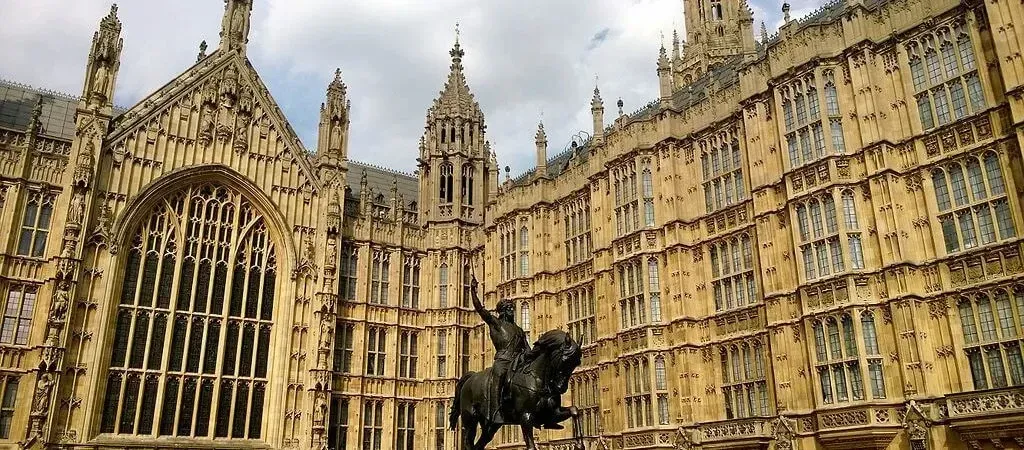United Kingdom – House of Lords has passed Investigatory Powers Bill (IPB), which is being called as ‘most extreme’ surveillance law in the history. Coming true as the repercussion of the Edward Snowden revelations.
The Investigatory Powers Bill (IP Bill) consolidates many of the powers that intelligence agencies and law enforcements can use to collect communications and its data into a single piece of legislation.
Despite the provisions and recommendations of Electronic Frontier Foundation (EFF) and Don’t Spy On Us (DSOU), and other Joint Committees of Intelligence and Security Committee (ISC) and Science and Technology Committee, the changes are not addressed in the Investigatory Powers Bill.
This is not just a grave concern for UK citizens. The effects of Investigatory Powers Bill will also set a precedent for the world. Authoritarian leaders with poor human rights records will look up to and points to the UK in justifying its own harsh surveillance regimes.
Jim Killock, Executive Director of Open Rights Group, commented: “The UK now has a surveillance law that is more suited to a dictatorship than a democracy. The state has unprecedented powers to monitor and analyse UK citizens’ communications regardless of whether we are suspected of any criminal activity — The impact of this will be felt beyond the UK’s shores. It is likely that other countries, including authoritarian regimes with poor human rights records, will use this law to justify their own intrusive surveillance powers.”


